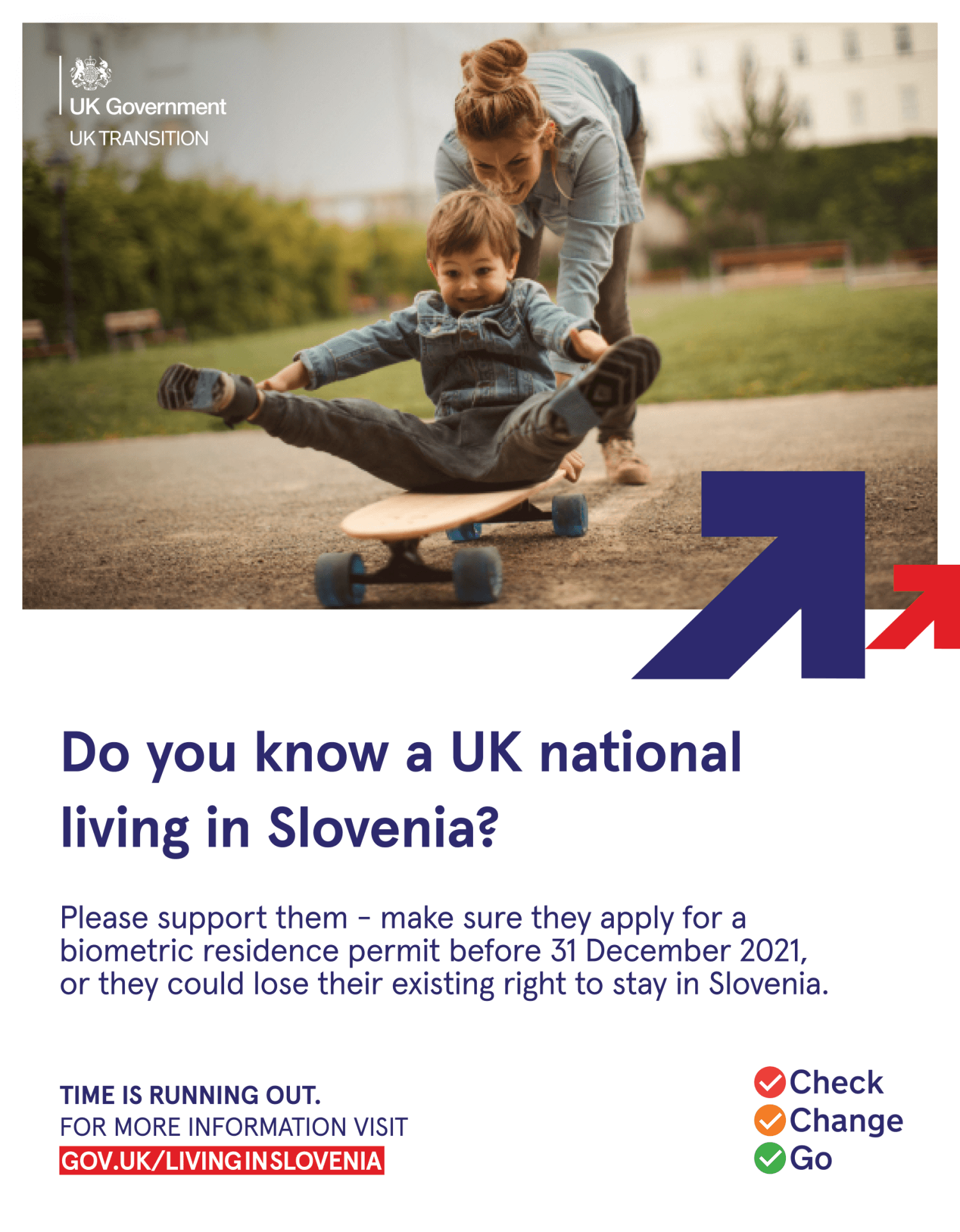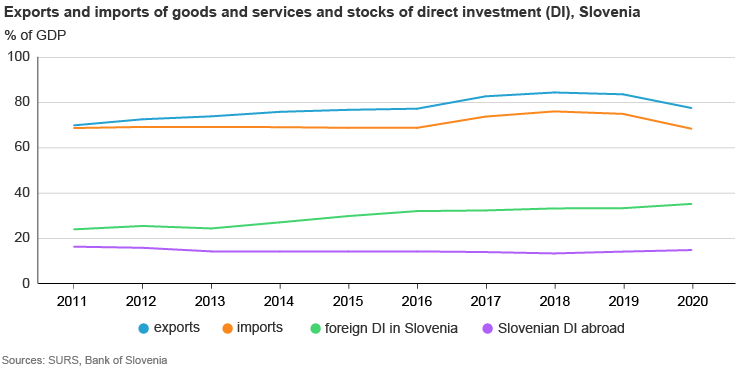Kovesi notes pressure on Slovenian prosecutors
LJUBLJANA - European Chief Prosecutor Laura Codruta Kovesi said as she visited Ljubljana no one could dismiss European delegated prosecutors without the consent of the EU's chief prosecutor. Slovenia's two delegated prosecutors Tanja Frank Eler and Matej Oštir have been appointed for fully-fledged five-year terms, starting with 1 December, she highlighted at an online news conference. This is in reference to the government proposing changes that would enable it to recall delegated prosecutors and give it a greater say in their appointment. She warned about pressure on Slovenia's judiciary, stressing the importance of an independent judicial branch.
Recover-vaccinated rule for state administration quashed by top court
LJUBLJANA - The Constitutional Court has found the government's regulation imposing Covid-19 recovery or vaccination mandate (PC) on state administration employees at work place in disagreement with the constitution for not being aligned with the relevant law. The new rule was to come into effect on 1 October, but was suspended by the court a day earlier after it had been challenged by several groups of state administration employees, including police trade union PSS, which hailed the court's decision as a victory for the rule of law. Public Administration Minister Boštjan Koritnik said the decision did not mean the measure would be disproportionate or not useful, adding that some common solutions will have to be found now quickly.
Triple murderer sentenced to life in prison
PTUJ - Silvo Drevenšek, who has pleaded guilty to murdering his former spouse and her parents in front of his four-year-old son on Christmas Eve 2020, was sentenced to life in prison, the first time a Slovenian court has handed down this sentence since it was reintroduced to the criminal code in 2008. The Ptuj District Court thus upheld the proposal of the prosecution, which argued that Drevenšek had killed three people out of revenge after the partner left him and demanded a division of common assets.
Slovenia estimated to lose up to EUR 3.5bn to corruption annually
LJUBLJANA - Some estimates suggest Slovenia could be losing up to EUR 3.5 billion a year due to corruption, which amounts to 13.5% of its GDP, Robert Šumi, the head of the Commission for the Prevention of Corruption, said ahead of International Anti-Corruption Day. If these funds were allocated to help the poor, nobody in Slovenia would live in poverty, he illustrated. He underlined the importance of integrity of top state officials, their closest associates, and all public sector employees.
GZS comes up with aid proposals for energy-intensive companies
LJUBLJANA - The economy is held hostage by higher energy costs, which makes development and investment funds its victims, said the Chamber of Commerce and Industry (GZS) as it presented its proposals for a state aid scheme to help companies, especially energy-intensive ones. The GZS believes its proposals would mitigate the impact and help the companies get through this situation, and it expects the government to take action as soon as possible. "We count on dialogue and communication to build on this scheme," GZS head Aleš Cantarutti told the press.
Labour minister happy with EU deal on minimum wage (adds)
BRUSSELS, Belgium - The EU's Employment and Social Policy Council reached agreement on a minimum wages directive which is aimed at securing fair pay. Labour Minister Janez Cigler Kralj, who chaired the session, said he was happy such an important agreement had been reached after intensive talks. "Decent and fair pay must be guaranteed for the work that is done. This a matter of basic respect for people and their work," he said.
Slovenia reports 775 coronavirus cases for Sunday
LJUBLJANA - Slovenia recorded 775 new coronavirus cases for Sunday, the lowest daily count since 24 October and down a quarter from a week ago. The 14-day incidence per 100,000 population fell to 1,361, down by 29. There were 1,050 Covid patients in hospital this morning, up by 16 from yesterday in what is a typical weekend dynamic. The number of patients in intensive care declined by three to 268, and 16 patients died.
New parties have potential to reshuffle cards, survey shows
LJUBLJANA - New parties and alliances could upend the ratings of established parties, according to a new poll by Mediana carried by public broadcaster TV Slovenija. Offered a choice of established parties, respondents produced rankings broadly in line with other polls. But when offered new parties that have announced to contest the general election in spring, the ranking was significantly different as the rankings of the coalition SDS and NSi, and the opposition SD and LMŠ, declined.
RTV Slovenija gets new ombudsman
LJUBLJANA - Marica Uršič Zupan, a journalist for the regional newspaper Primorske Novice, was appointed ombudsman at public broadcaster RTV Slovenija, an office concerned with processing complaints by viewers and listeners. She will start her five-year term on 18 January pending approval by the public broadcaster's general manager to succeed veteran RTV Slovenija journalist Ilinka Todorovski, who failed to receive enough votes for a second term.
Subsidy approved for Li-ion battery plant
LJUBLJANA - The government approved a EUR 9.8 million subsidy for a Li-ion battery plant that TAB, the Slovenian maker of starter and industrial batteries, plans to set up with its Chinese partner Haidi Energy Technology. The company has welcomed the decision as a major step towards the implementation of the project. TAB director Bogomir Auprih said production could be launched in the first half of 2023. He estimates 120 new hires will be needed initially and another 60 in the second phase of the project.
Bangladeshi migrant found dead in border area
KOPER - A 31-year-old citizen of Bangladesh has been found dead in the Dragonja valley in the border area between Slovenia and Croatia with initial information indicating hypothermia as the cause of death, the Koper Police Department reported. The police release said there had been no indications of foul play involved, but a post mortem had been ordered and the Embassy of Bangladesh has been notified.







